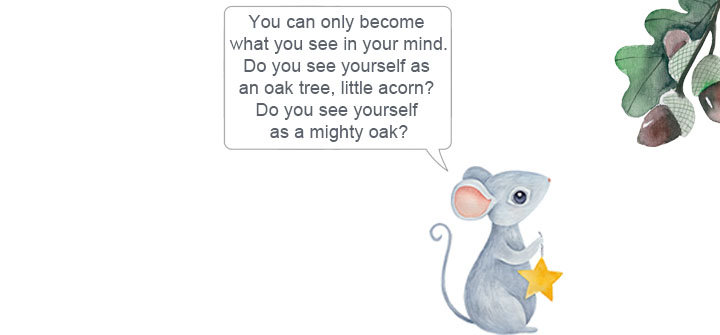Johnny Molson sent me a video of an elderly Ukrainian woman walking up to a heavily armed Russian soldier, the point man of a force that was occupying her town. Looking him in the face, she said, “Put sunflower seeds in your pocket so flowers will grow when you die.” *
The note that came with the video said, “That’s a Patrick Henry/Paul Revere level story. That’s the shit Churchill wished he would have said.”
Johnny’s note caused me to remember two things. The first was a passage from a remarkable op-ed from Yuval Noah Harari in London’s 200-year-old newspaper, The Guardian:
“Nations are ultimately built on stories. Each passing day adds more stories that Ukrainians will tell not only in the dark days ahead, but in the decades and generations to come. The president who refused to flee the capital, telling the US that he needs ammunition, not a ride; the soldiers from Snake Island who told a Russian warship to “go fuck yourself”; the civilians who tried to stop Russian tanks by sitting in their path. This is the stuff nations are built from. In the long run, these stories count for more than tanks.”
The second thing Johnny’s note brought to mind was something I wrote 19 years ago:
Heroes are dangerous things. Bigger than life, highly exaggerated and always positioned in the most favorable light, a hero is a beautiful lie.
We have historic heroes, folk heroes and comic book heroes. We have heroes in books and songs and movies and sport. We have heroes of morality, leadership, kindness and excellence. And nothing is so devastating to our sense of wellbeing as a badly fallen hero. Yes, heroes are dangerous things to have.
The only thing more dangerous is not to have them.
Heroes raise the bar we jump and hold high the standards we live by. They are ever-present tattoos on our psyche, the embodiment of all we are striving to be.
We create our heroes from our hopes and dreams. And then they attempt to create us in their own image.
Most people assume that legends, myths and stories of heroes are simply the byproducts of great civilizations, but I’m convinced they are the cause of them. Throughout history, the mightiest civilizations have been the ones with stories of heroes; larger-than-life role models that inspired ordinary citizens to rise up and do amazing things.
Americans are united, at least for a moment, to set aside our petty bickering as we gaze in wonder at the people of Ukraine.
My prayer is that Volodymyr Zelensky, his family and his nation, emerge from these dark days alive and free.
Amen.
Roy H. Williams
PS – I have liked all of the Russians I have ever met. My strong suspicion is that Vladimir Putin does not represent the hearts of the people of Russia. One more thing: many of you have asked me about William and Sasha, Wizard Academy’s ambassadors to Russia. I have been very careful in my communications with them in recent days since Vladimir is angry with America and it might not be beneficial to be seen as having a lot of American friends right now. – RHW
*The sunflower is the national flower of Ukraine, which makes grandma even more of a badass. – Indy

Last week, a technical glitch caused some listeners to hear half of a podcast while others listened to a completely different episode. This week, Rotbart is offering a double-header: At center stage is David Hailey, who uses a combination of computer vision and artificial intelligence to help companies gain better control of their supply chain management.
Rotbart’s seco nd guest, Anton Suddia, recently fled his home in Ukraine with his wife and two young children. In a chilling conversation from his hiding place, Anton shares with Rotbart the deeply personal story of how his life has changed since Russia invaded his country. To hear Rotbart’s conversation with Anton, go to MondayMorningMemo.com and click the link at www.tinyurl.com/MMRUkraine. Aroo!
nd guest, Anton Suddia, recently fled his home in Ukraine with his wife and two young children. In a chilling conversation from his hiding place, Anton shares with Rotbart the deeply personal story of how his life has changed since Russia invaded his country. To hear Rotbart’s conversation with Anton, go to MondayMorningMemo.com and click the link at www.tinyurl.com/MMRUkraine. Aroo!
